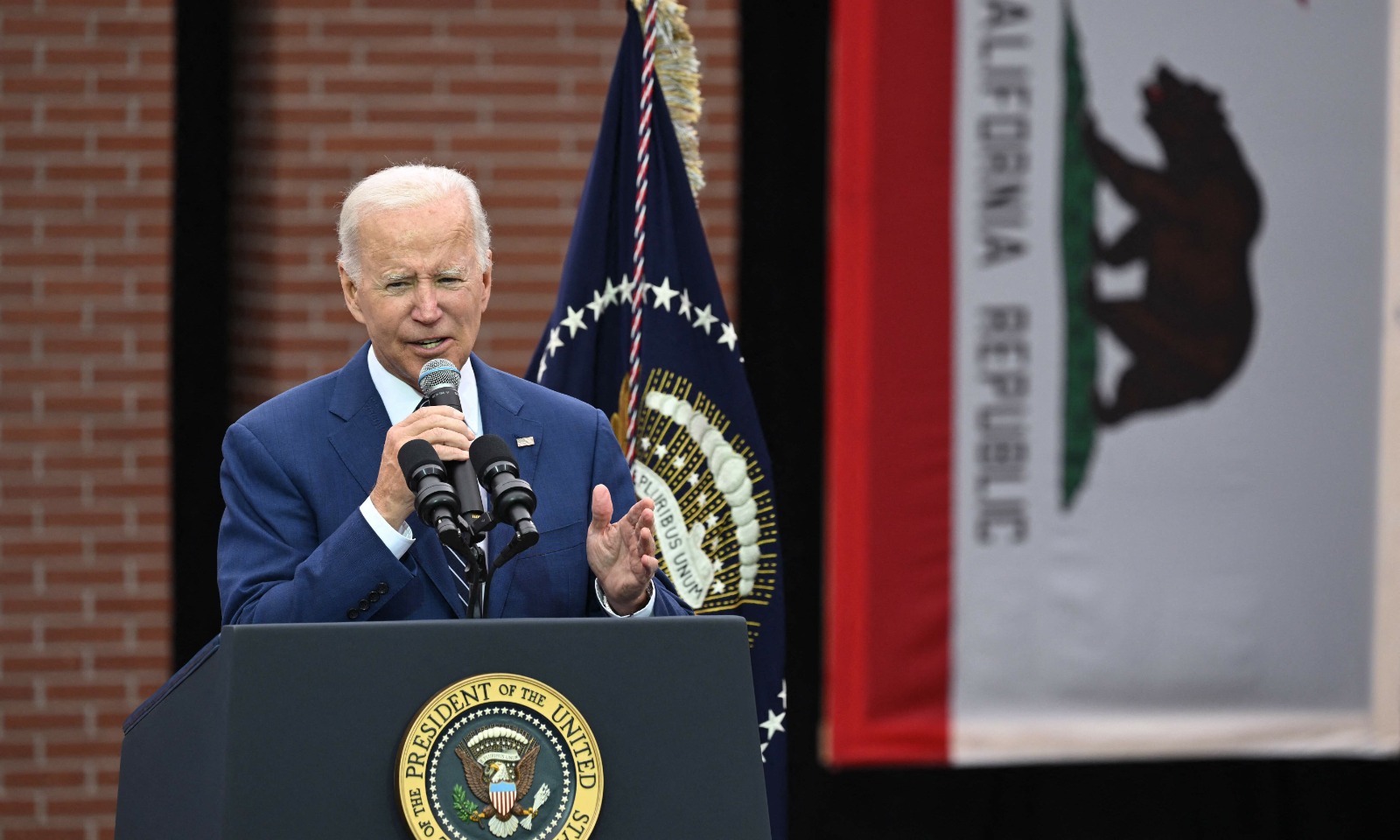In a recent statement, White House National Security Council Coordinator for Strategic Communication, John Kirby, reassured Islamabad of the United States’ unwavering commitment to addressing the security threats faced by Pakistan. This declaration comes as part of the Biden administration’s broader effort to collaborate with nations grappling with pressing challenges. Kirby emphasized the importance of working collaboratively to address regional security issues and laid out plans to reshape multilateral development banks for the better. This comprehensive report delves into the details of Kirby’s statement, addressing key issues and developments.
Pakistan’s Security Priorities
John Kirby acknowledged the serious security threats that Pakistan continues to endure, especially along its border with Afghanistan. These threats stem from persistent terrorist activities, posing a significant risk to both Pakistan’s people and its territorial integrity. Kirby emphasized that the Biden administration is resolute in its commitment to work alongside Pakistan to counter these threats effectively. The United States acknowledges the urgency of this collaboration and aims to support Pakistan in securing its borders and enhancing national security measures.
Addressing Misconceptions About Equipment in Afghanistan
Contrary to recent claims, Kirby vehemently denied allegations that the United States left behind significant military equipment in Afghanistan that is now being exploited by militant groups targeting Pakistan. He clarified that the equipment referred to was transferred to the Afghan National Security Forces before the U.S. withdrawal. Any equipment that remained at the airport was rendered inoperable. Kirby reiterated that the Afghan forces themselves abandoned some of this equipment as the Taliban advanced, underscoring the need for accuracy in assessing the situation in Afghanistan.
Kashmir and Human Rights Concerns
In response to queries about the Kashmir issue and human rights, Kirby maintained that the United States’ stance on the matter remains consistent. The Biden administration believes that the tensions in Kashmir are best resolved through direct negotiations between the parties involved. Emphasizing President Biden’s dedication to human rights, Kirby assured that the President will not shy away from discussing these concerns with his counterparts globally, including India. While he didn’t specify any direct intervention on Kashmir, Kirby underscored the administration’s unwavering commitment to raising human rights issues with world leaders, maintaining a principled approach.
Reshaping Multilateral Development Banks
One of the central pillars of John Kirby’s statement was the U.S. commitment to reinvigorate multilateral development banks such as the International Monetary Fund (IMF) and the World Bank. Kirby highlighted these institutions as crucial tools for mobilizing transparent and high-quality investment in developing nations. He affirmed that the United States champions ongoing efforts to adapt these institutions to meet the challenges of tomorrow. The Biden administration has proposed increased funding for the World Bank and is actively encouraging its partners to contribute similarly. This initiative aims to provide meaningful debt relief to low- and middle-income countries, enabling them to recover from years of economic hardship.
As President Biden prepares to engage with G20 leaders in New Delhi to discuss these proposals and more, it is evident that the United States is determined to forge stronger partnerships and collaborate on a global scale. Kirby’s reassurances to Pakistan underscore the United States’ commitment to addressing regional security challenges, while the ambitious plans to reshape multilateral development banks demonstrate America’s dedication to fostering global economic stability. These developments reaffirm the United States’ role as an active player on the international stage, focused on addressing critical issues in the ever-evolving global landscape.
















